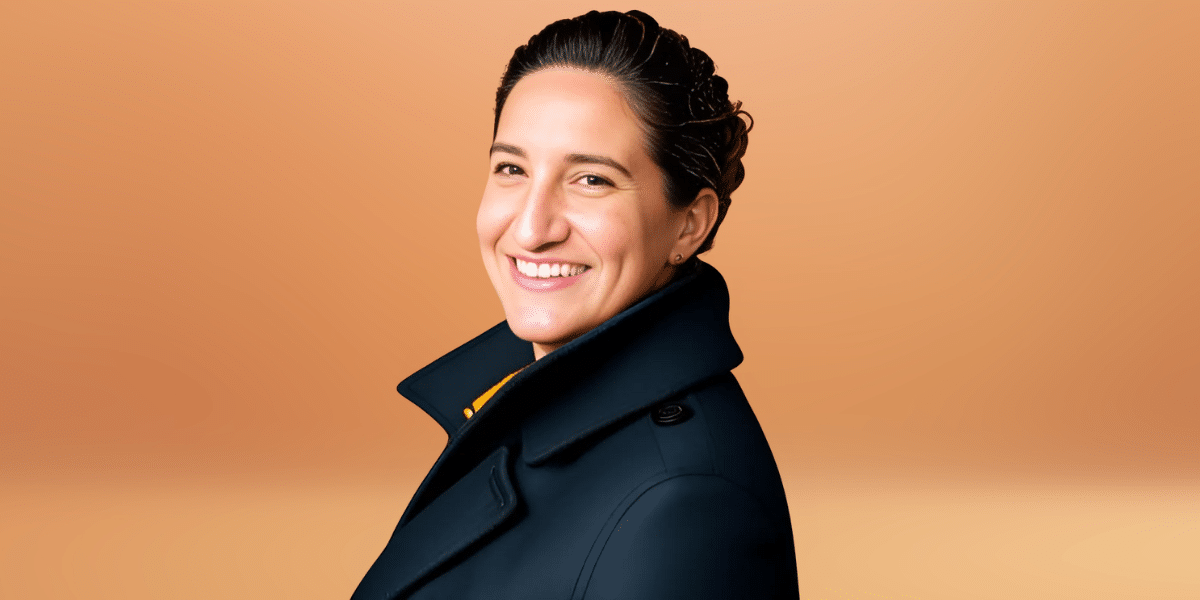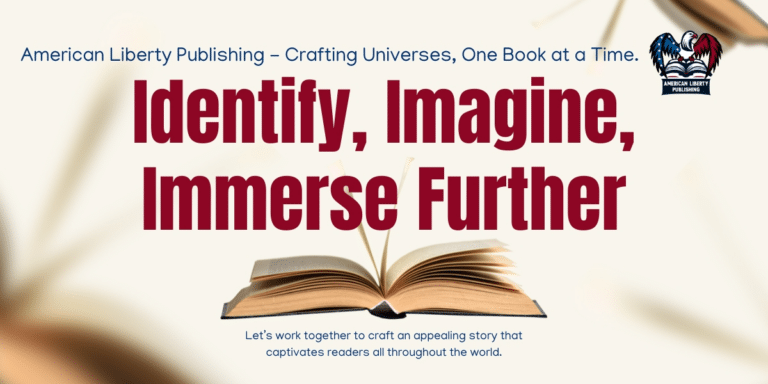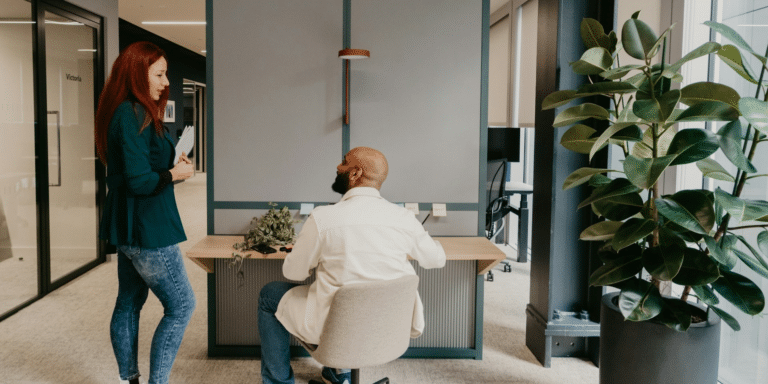By: Samantha Perez
Ann Russo is a licensed clinical therapist known for her outspoken advocacy and her commitment to assisting the underserved. The founder of AMR Therapy and author of multiple CEU training courses, Ann specializes in helping individuals heal from religious trauma and navigate complex, non-traditional relationship dynamics.
In a recent interview on the Project Mindfully Outdoors Podcast, Ann spoke candidly about the power of acceptance, the importance of rejecting rigid diagnoses, and the struggles of being a mental health provider operating within a broken system.
Embracing Struggles Through Acceptance
Early on in the interview, Ann and the podcast’s host, Mike Martin, talked about struggling with anxiety and enduring difficult situations. Ann emphasized that acceptance is not about eliminating struggles; rather, it’s about learning to coexist with them.
“These things are not your fault,” she told the listeners, “but you’re the only one who can do anything with them.”
To further relate to this, Ann recounted her personal experience with debilitating panic attacks in her twenties. At the height of her struggle, she feared she would end up on social security disability by age 25, unable to leave her room. However, her breakthrough came when she stopped resisting her anxiety and started accepting it.
Ann shared; “When I allowed the panic attack to happen, I moved through it better. Rather than trying to shove it away, which only makes it stronger, I learned to say, ‘Oh, here you are again,’ instead.”
Ann’s story reflects the heart of her message: learning to swim with the current rather than against it. She explained that while some struggles may remain throughout life, acceptance allows us to move forward, creating a better quality of life.
“You’re not going to change the current, but you can change your experience of it.” Ann said.
Mental Health Without Labels
A core element of Russo’s approach is her intentional decision not to accept insurance at her practice. She explained that insurance companies often require therapists to assign mental health diagnoses, even when they may not be necessary. This can lead to harmful labeling, she cautioned, with long-term consequences for clients.
Ann shared a story about a friend in graduate school who sought therapy after the death of her dog. “The therapist diagnosed her with major depressive disorder,” Ann recalled. “Later, my friend couldn’t switch insurance plans because of that diagnosis, even though she was experiencing normal, healthy grief.”
This experience, Ann argued, highlights the ethical dilemmas that arise when therapists are pressured to fit clients into diagnostic boxes prematurely. She explained that she advocates for a more personalized approach, rather than just helping patients work through their symptoms. And while some clients benefit from a formal diagnosis to understand their challenges, Ann Russo believes it is not always necessary or beneficial.
“Mental health is nuanced,” she stressed. “We must consider the whole person—history, life experiences, and current struggles—rather than quickly assigning a label.”
A Broken System: Moving Beyond the Medical Model
Ann also candidly criticised the medical model in mental health care. She noted that the system often fails clients by treating mental health like physical ailments. “If you hurt your toe, you see a podiatrist,” she said, “but mental health is not that straightforward. It’s not isolated to one issue—it’s part of a person’s whole experience.”
Drawing from her internship experience at a psychiatric hospital, Ann described the alarming speed at which patients were labeled and medicated. “People would come in for a day, meet with a psychiatrist for five minutes, and leave with multiple diagnoses and medications,” she recounted. “They’d walk away thinking, ‘I must be borderline personality disorder with ADHD and anxiety.’”
This rushed, fragmented approach does clients a disservice. “We have to unpack all these labels because the system is broken,” she argued. However, she also believes that many providers genuinely try their best within the constraints of a flawed system.
Ann’s own practice seeks to offer an alternative—one that focuses on building meaningful connections and addressing clients’ needs holistically.
Helping Clients Heal and Thrive
In addition to her nuanced approach to therapy, Ann’s work centers on creating safe spaces for clients to explore non-traditional relationships and recover from religious trauma. Many LGBTI individuals face stigma, rejection, and shame rooted in religious teachings, and Ann is passionate about helping them reclaim their identity and well-being.
“Healing from religious trauma requires reworking the narratives we’ve been told about ourselves,” she explained. “It’s about finding freedom and liberation from those harmful beliefs.”
Her philosophy extends to working with non-monogamous couples as well. She helps them navigate the complexities of their relationships, encouraging open communication and authentic connection. Ultimately, Ann’s goal is to foster self-awareness and relational growth, empowering clients to define intimacy and commitment on their own terms.
A Personalized, Client-Centered Approach
At the heart of Ann’s practice is a belief in the therapeutic alliance—a connection based on shared philosophy, trust, and mutual respect.
“Therapy isn’t one-size-fits-all. It’s about finding someone whose approach aligns with your values and who truly understands your experience.”
By offering a space free from judgment and rigid diagnoses, Ann provides a personalized, compassionate approach to mental health care. “We are complicated beings,” she said. “It’s about working with our experiences and who we are, rather than fighting against it.”
Final Thoughts
Ann Russo’s therapeutic approach challenges the traditional model of mental health care by focusing on acceptance, rejecting unnecessary labels, and recognizing the nuanced nature of human experience. Through her work with non-monogamous couples and the LGBTI community, Russo offers a safe, supportive space for clients to explore their identities, heal from trauma, and embrace their authentic selves. Her practice embodies a refreshing shift toward holistic, client-centered care, making her a trusted ally for those seeking meaningful growth and healing.
You can listen to the full episode on the Project Mindfully Outdoors podcast here. Visit Ann’s website to connect with her or click here to subscribe to her newsletter!
Published By: Aize Perez








